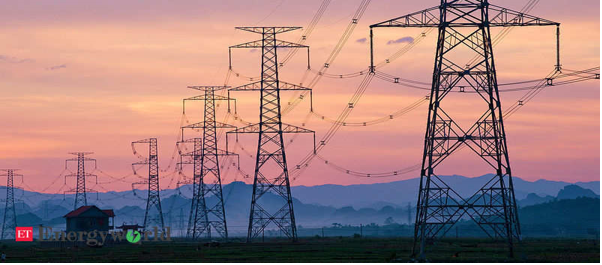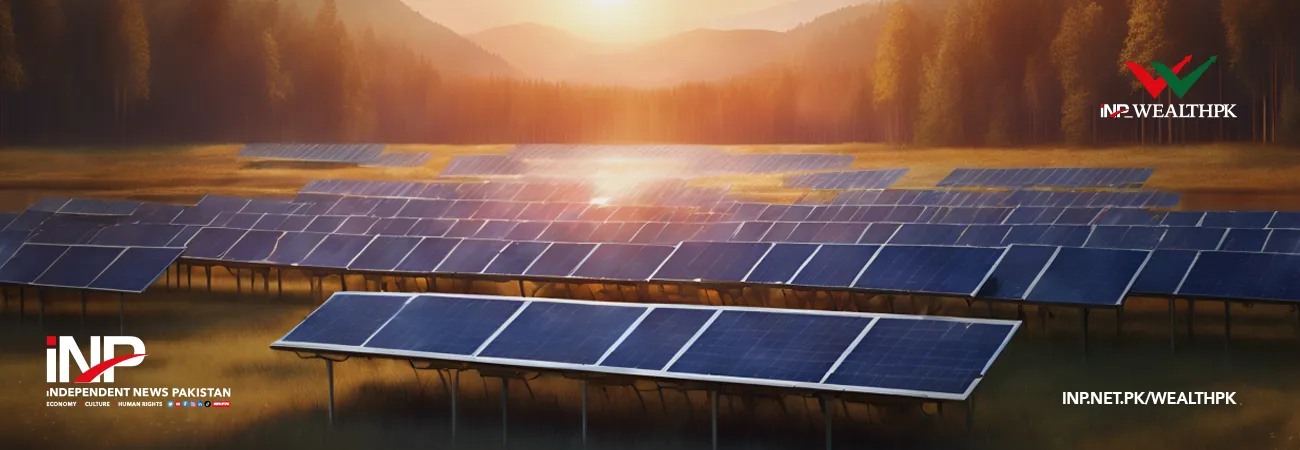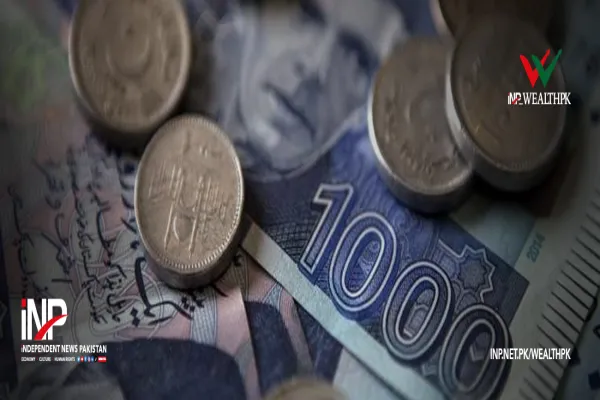i INP-WEALTHPK
Amir Saeed
Pakistan’s solar boom, spurred by cost savings and global demands, is drastically cutting daytime electricity demand, straining the power grid and requiring urgent modernisation.

Pakistan is experiencing an unprecedented solar boom, transforming its energy landscape as communities and businesses increasingly control their power supply. This shift is outpacing government policy and infrastructure development. Speaking to WealthPK, Muhammad Mustafa Amjad, Director of Programmes at Renewables First, a think tank for energy and environment in Pakistan, highlighted the scale of this boom, noting that the 16 gigawatts of solar panels imported within a single fiscal year equated to “23 times the installed utility solar capacity”.
“The surge in solar adoption is driven by falling solar panel prices and rising grid electricity rates. In the first half of 2024, Pakistan imported 13 gigawatts of solar modules, becoming the third-largest destination for Chinese exporters. This rapid adoption has led to a 10% drop in grid electricity consumption, marking the first time it has decoupled from GDP growth, signalling a permanent change in energy demand patterns,” Amjad noted. It is to be mentioned here that the think tank has also released a report, “The Great Solar Rush in Pakistan”, highlighting the increasing adoption of solar solutions within the country’s industrial sector.
According to the report, captive solar generation has surpassed 1GW, with experts estimating the actual figure to be between 2-3GW. This shift is evident in the decreasing industrial demand for traditional grid power, which fell from 34TWh in FY22 to 31TWh in FY23. High electricity tariffs up to 17 cents (Rs50) per unit are eroding profit margins and competitiveness for industrial consumers in Pakistan.
The unreliability of the grid power supply further exacerbates the issue, with frequent power outages and voltage fluctuations causing production losses and increased operational costs. Global market pressures are also driving this transition, particularly in Pakistan's textile sector, where international buyers are increasingly demanding products manufactured using renewable energy. This shift in global procurement standards makes solar adoption a strategic necessity for Pakistani industries to maintain and expand their international market share.
Integrating into global supply chains requires industries to adopt solar power, making it more than just an economic decision. Meanwhile, talking to WealthPK, Syed Faizan Ali Shah from the Prime Minister’s Solarisation Committee, pointed out a key issue arising from Pakistan’s rapid solar energy adoption. “The increased use of solar power has significantly lowered daytime electricity demand, specifically by 10TWh annually. While this seems positive, it creates operational problems for those managing the power grid.”
Shah emphasised that the country’s power grid urgently needed to integrate smart metering and distributed energy controls. “These technologies are crucial for managing the variable nature of solar power and ensuring a stable electricity supply.” “Without these upgrades, balancing the grid becomes challenging, potentially leading to instability as solar energy production fluctuates throughout the day,” he noted.
Credit: INP-WealthPk









